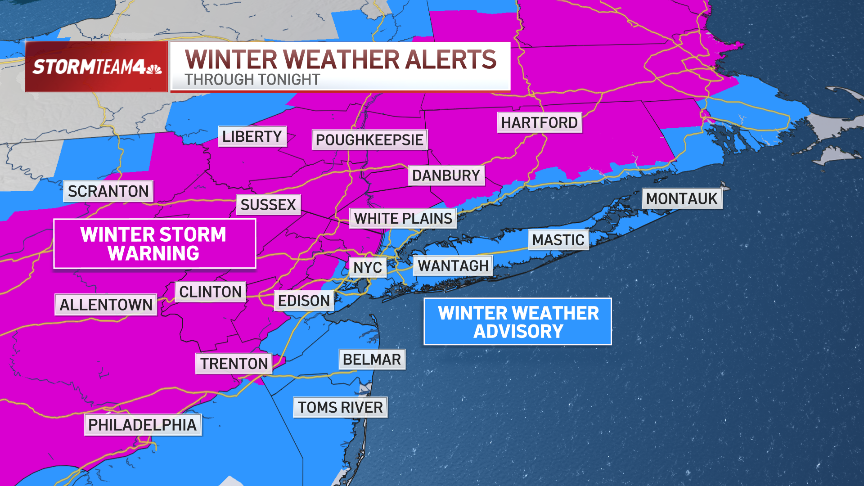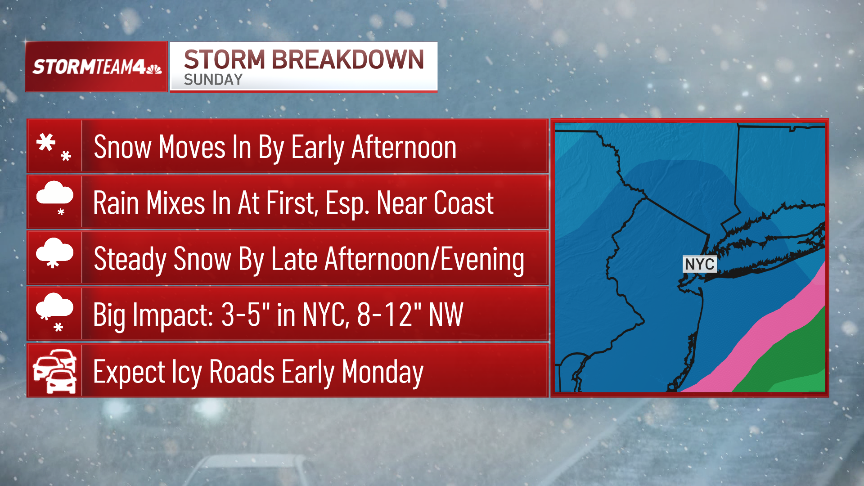Professional mixed martial arts is illegal in New York, yet MMA fans continue to pay admission to see unregulated amateur fights taking place throughout the state, an I-Team investigation has found. Chief Investigative Reporter Jonathan Dienst reports.
Professional mixed martial arts is illegal in New York, yet MMA fans continue to pay admission to see unregulated amateur fights taking place throughout the state, an I-Team investigation has found.
It’s a legal loophole with potentially dangerous consequences. New York law bans professional MMA, but amateur events are allowed and remain unregulated. That means safety measures that exist in other states for amateur fighters, like specialized doctors, medical suspension for serious injuries and disease testing, are absent in New York.
According to an I-Team survey, there are more than 40 states that regulate amateur MMA.
It’s a safety concern that amateur fighter John Giordano says leaves fighters in New York vulnerable.
“It’s like the doctors have no idea and the refs have no idea what they’re doing,” Giordano told NBC New York.
New York native and Ultimate Fighting Championship middleweight champion Chris Weidman says it is overdue for New York to legalize MMA and regulate the sport at both the amateur and professional levels.
“There’s a lot of bad things that can happen if it’s not monitored correctly,” says Weidman.
Weidman is so concerned about unregulated amateur MMA that he advises aspiring fighters who train at his Garden City Long Island gym to not compete in New York because it is not safe.
Local
"They’re not getting paid, there’s no doctor checking them out before,” says Weidman.
Professional MMA fights in all other states are regulated. There are health screenings and medical professionals on hand at the fights. Because he is a professional fighter competing in other states, Weidman says, “I get CAT scans, MRIs, making sure everything’s good.”
MMA's New Jersey Athletic Control Board Chief Physician Sheryl Wulkan says that “Combat sports have an inherent danger in and of themselves. We’re trying to minimize risks.”
Dr. Wulkan has found that some fighters banned in New Jersey for health reasons go to New York to compete. “We found that they were in fact fighting with Hepatitis B, Hepatitis C, and in one case, HIV,” says Wulkan. She has also found fighters in New York competing with brain injuries, heart conditions, and retinal tears."
These risks persist at events where fans are paying for seats, but it is against the law for the fighters to get paid. Some promoters request physical forms, but there is no state requirement or certification.
“It’s hugely important to have these records verified" both for the sake of the individual who is fighting and the opponent's sake, said Wulkan.
Assemblywoman Deborah Glick is opposed to any bill recognizing MMA as a sport. She wants it banned entirely.
"Just because New Jersey has been stupid enough to authorize this, as have many other states, does that mean you have to?” she asks. “I think it’s a terrible idea and there is nothing that’s going to change my mind, which was made up purely by viewing the activity.”
MMA advocates and opponents have spent millions of dollars trying to sway New York politicians. On one side, the parent company of Ultimate Fighting Championship wants all fights legalized so it can run professional events at Madison Square Garden and other New York arenas. Supporters say this will provide jobs and generate revenue.
The opposition is led by “Unite Here,” a union group that wants to limit Ultimate Fighting Championship’s growth, in part because the company’s owner runs non-union hotels in Las Vegas.
While the political fight in Albany continues, health concerns for amateurs remain in the shadows. Former Assembly Speaker Shelly Silver previously blocked a bill regulating MMA. “This is still a sport whose sole purpose is to maim your opponent,” says Silver.
But with more amateur fighters competing, and more fans paying to go to amateur events, Silver says it could be time to reconsider. “I would consider banning it or I would at least consider serious regulation,” he says.
New York’s Athletic Commission currently regulates boxing and professional wrestling events, but the commission has no authority over MMA. Some MMA promoters, like Jason Ingleston of Standing 8 Entertainment, hope to change that. “I’ll be the first to admit it’s like the Wild West,” says Ingleston.
A recent show in Lake George featuring both professional wrestling and MMA underscored the difference between how the sports are treated by state officials. Athletic Commission inspectors were there to oversee the wrestling theatrics, but they ignored the cage fights taking place just steps away. The inspectors had no legal authority over them.
Weidman hopes that lawmakers will realize the lack of regulation of amateur MMA is dangerous and will takes steps to legalize professional MMA because the of the safety benefits. Others, like Glick, promise to stand staunchly against any promise of legalization.
“Of course I will do what I can to prevent this folly from being enacted," she said. "We don’t want to see them face long-term brain injury because of an ill-conceived notion that this is a sport.”
In recent years, several bills sanctioning both professional and amateur fights have passed the Senate, but debate continues in the Assembly.



